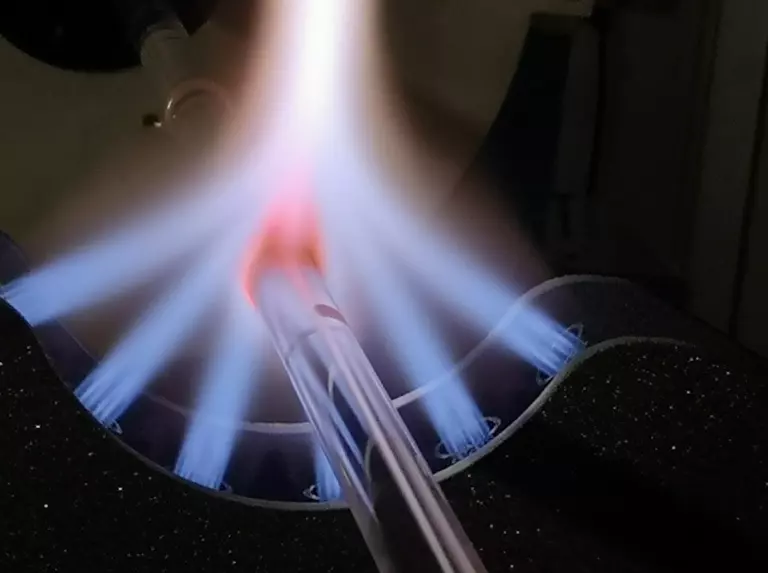

India gets homegrown Quantum Key Distribution solution to secure data
<p>
In a major technological breakthrough, the government&rsquo;s Centre for Development of Telematics (C-DOT) has unveiled the indigenously developed Quantum Key Distribution (QKD) solution which can secure data being transported by various critical sectors, including defence, through the current communication networks. It can support a distance of more than 100 kilometres on standard optical fibre, according to information provided by the ministry of communications.</p>
<p>
Technology Secretary K. Rajaraman flagged off the indigenous QKD solution on Saturday saying it was essential to address the threat that rapid advancement in Quantum Computing poses to the security of data being transported by various critical sectors through the current communication networks. He also inaugurated the Quantum Communication Lab at C-DOT, Delhi.&nbsp;</p>
<p>
With the development of QKD solution and the existing suite of wide range of products in Optical Access, Core, Switching &amp; Routing, Wireless and Post Quantum Cryptography Encryptors, C-DOT has become the first organization in India to offer complete portfolio of indigenous Quantum Secure telecom products and solutions to comprehensively address the requirements of telecom service providers as well as strategic and defence sector in India, the official statement said.</p>
<p>
<strong>Also read:</strong>&nbsp;&nbsp;<a href="https://www.indianarrative.com/science-news/indian-scientists-develop-cheap-way-to-double-life-of-batteries-to-run-electric-cars-96502.html">Indian scientists develop cheap way to double life of batteries to run electric cars</a></p>
<p>
Quantum Technologies are one of the most researched area at present and are attracting huge investments by Governments all across the globe as well as by private players ranging from multinational giants to startups.</p>
<p>
Most countries have dedicated programs for furthering research in this area, which has immense potential, impact of which can probably be compared with that of semiconductor technology in the last few decades or the impact that the laser had since its invention in 1960s.</p>
<p>
Rajaraman complimented C-DOT for its critical role in developing indigenous 4G technology and ongoing 5G development project. The 4G technology from C-DOT is already under&nbsp; &ldquo;proof of concept&rdquo; trial in the BSNL network at Chandigarh and Ambala.</p>
<p>
He stressed upon CDOT to keep track of emerging technologies, align with the technology life cycle and asked CDOT to start working on 6G and other futuristic technologies in order to catch up with the market in time.</p>
<p>
C-DOT is also actively looking to collaborate with other national and international institutes and organizations working in the area of Quantum Communications to synergize efforts in this nascent field.</p>
External Affairs Ministry Spokesperson Randhir Jaiswal on Thursday has reiterated India's stance on bilateral discussions…
India implemented a new visa module for Afghan nationals on April 29, Ministry of External…
India is in touch with Iranian authorities for locating three Indian nationals who went missing…
A citywide closure occurred throughout the Awaran district in Balochistan on Wednesday, with shops, businesses,…
The Czech Republic's government has officially linked a malicious cyberattack on its Ministry of Foreign…
Chief of Defence Staff General Anil Chauhan will visit Singapore from May 30 to June…